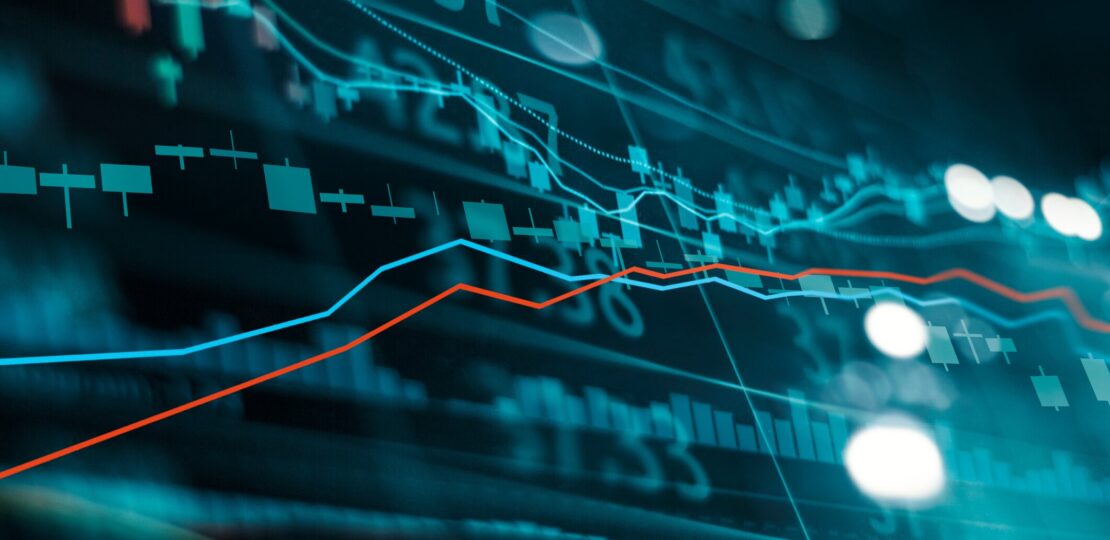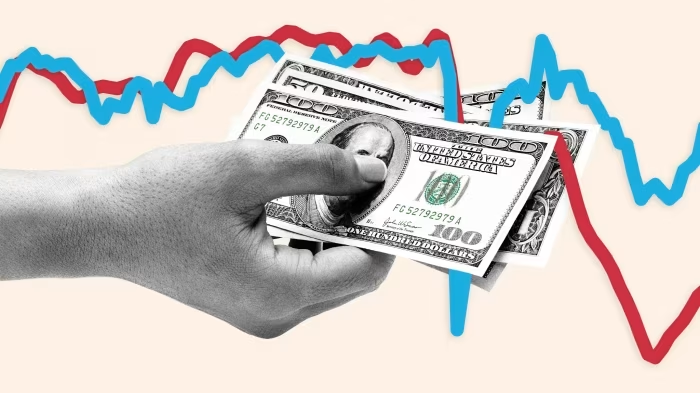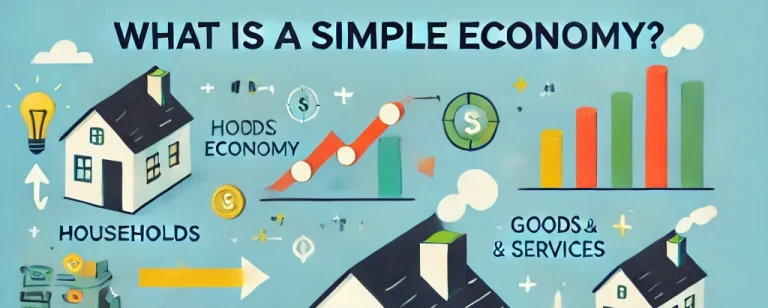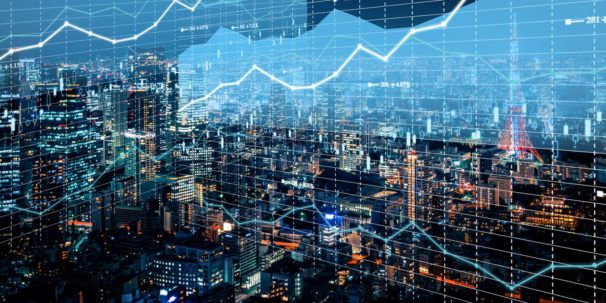What Is Economics? Learn the Basics Today!
April 16, 2025 | by samayyashafique8@gmail.com

Economics is a fundamental social science that explores how individuals, businesses, and governments allocate scarce resources to satisfy unlimited wants. It delves into the decision-making processes and the factors influencing them, providing insights into the production, distribution, and consumption of goods and services.
What Is Economics?

At its core, economics examines how people make choices under conditions of scarcity. It involves analysing how these choices affect the utilisation of resources and the well-being of society. Economics is not solely about money; it’s about understanding the trade-offs and decisions that shape our daily lives.College of Arts and Sciences
📊 Types & Main Branches of Economics
| Branch | What It Focuses On |
| Microeconomics | Individuals and businesses |
| Macroeconomics | The economy as a whole |
| Behavioral Economics | Human decision-making |
| Development Economics | Growth in poor countries |
| International Economics | Trade between countries |
| Environmental Economics | Economy and the environment |
What are the key Concepts in Economics?
Scarcity and Choice
Scarcity refers to the limited nature of resources, prompting individuals and societies to make choices about how to allocate them effectively.
Supply and Demand
This fundamental concept explains how prices and quantities of goods and services are determined in a market economy. When demand exceeds supply, prices tend to rise, and vice versa.
Opportunity Cost
Opportunity cost represents the value of the next best alternative foregone when making a decision. It’s a crucial consideration in resource allocation.
Incentives
Incentives are factors that motivate individuals to act in certain ways. They can be positive (rewards) or negative (penalties) and significantly influence economic behaviour.
Efficiency and Equity
Efficiency involves maximising output from given inputs, while equity concerns the fair distribution of resources and wealth within a society.
Branches of Economics
Microeconomics
Microeconomics focuses on individual agents, such as households and firms, and their interactions in specific markets. It examines how these entities make decisions regarding resource allocation and pricing.
Macroeconomics
Macroeconomics looks at the economy as a whole, analysing aggregate indicators like GDP, unemployment rates, and inflation. It studies how policies and external factors influence economic performance.
Applications of Economics

Economics has practical applications across various fields:
- Business Strategy: Companies use economic principles to make informed decisions about pricing, production, and market expansion.
- Public Policy: Governments apply economic analysis to design policies that promote growth, reduce unemployment, and control inflation.
- Healthcare: Economics helps in understanding healthcare costs, insurance markets, and the allocation of medical resources.
- Environmental Planning: Economic tools assess the costs and benefits of environmental policies and sustainable practices.
Real-World Examples
Supply and Demand in Action
During the COVID-19 pandemic, the demand for personal protective equipment surged, leading to shortages and price increases—a clear demonstration of supply and demand dynamics.revisiondojo.com
Opportunity Cost in Daily Life
Choosing to spend time working overtime instead of attending a family event involves an opportunity cost—the value of the missed personal experience.
🧠 What is Economics in Simple Words?

Economics, in simple words, is the study of how people use limited resources to meet their needs and wants. Whether it’s individuals managing personal budgets or governments planning national spending, economics helps us understand how choices are made when resources like time, money, and materials are scarce.
You can think of it as a guidebook for decision-making — explaining why things cost what they do, why jobs are created or lost, and how policies affect our everyday lives.
📚 What Do You Study in Economics?
When you study economics, you explore a wide range of topics that explain how economies work. Some of the most important areas include:
- Scarcity and Choice – Why we can’t have everything we want.
- Supply and Demand – How prices are determined in a market.
- Opportunity Cost – What you give up when making a choice.
- Incentives – What motivates people to take specific actions.
- Efficiency and Equity – How fairly and effectively resources are used.
As you progress, you’ll also learn about budgeting, investing, business strategies, government policy, and even human behaviour.
🌍 What Is the Economy in Simple Terms?

In simple terms, the economy is the system that a country or community uses to produce, distribute, and consume goods and services. It includes everything from the jobs people do and the products they buy to the policies governments make about spending and taxation.
A healthy economy typically means people are employed, businesses are thriving, and goods and services are widely available. On the other hand, when the economy struggles, you might see job losses, rising prices, and reduced public services.
💬 What Is Economics Explained Simply?
Economics explained simply is all about choices. Everyone — from individuals to large companies to governments — has to make decisions on how to best use their resources. Economics helps explain those decisions, the trade-offs involved, and the outcomes they create.
Whether you’re trying to understand why gas prices go up, why some people earn more than others, or how interest rates affect your savings account, economics offers tools and insights to make sense of it all.
FAQs
Why is economics important?
It helps in understanding decision-making processes, resource allocation, and the implications of policies on societal well-being.
What are the main branches of economics?
The two primary branches are microeconomics, focusing on individual markets, and macroeconomics, which looks at the economy as a whole.
How does economics apply to everyday life?
Economics influences daily decisions, from budgeting and spending to understanding market trends and policy impacts.
Conclusion
Economics offers valuable insights into the choices we make and the factors influencing those decisions. By understanding economic principles, individuals and policymakers can make informed decisions that promote efficiency, equity, and overall societal well-being.
READ MORE:
RELATED POSTS
View all


